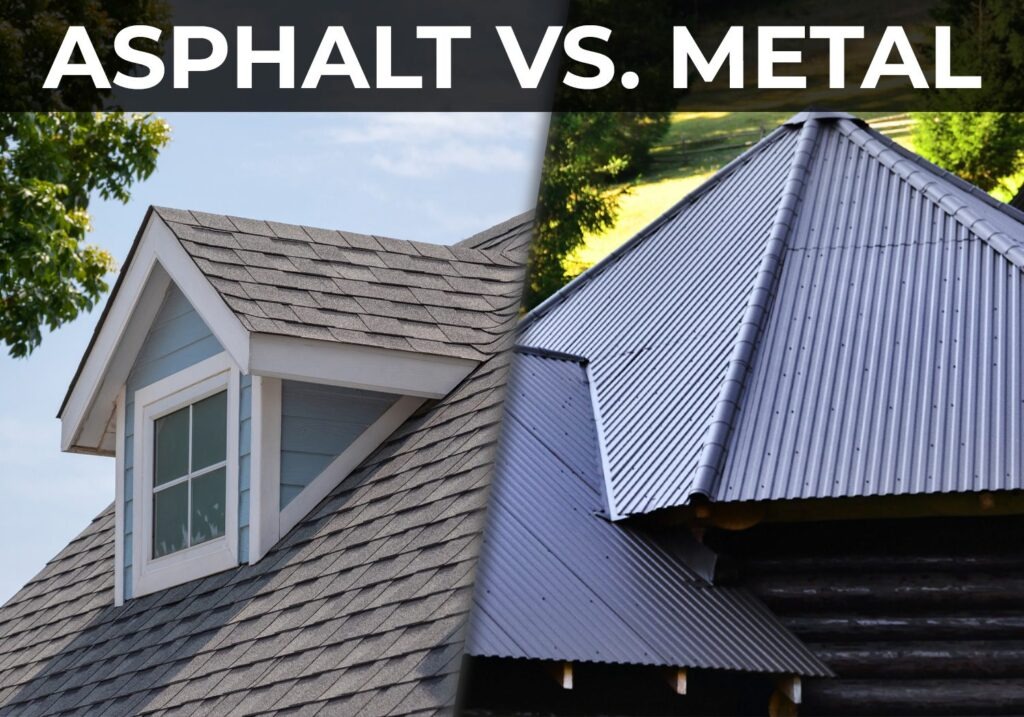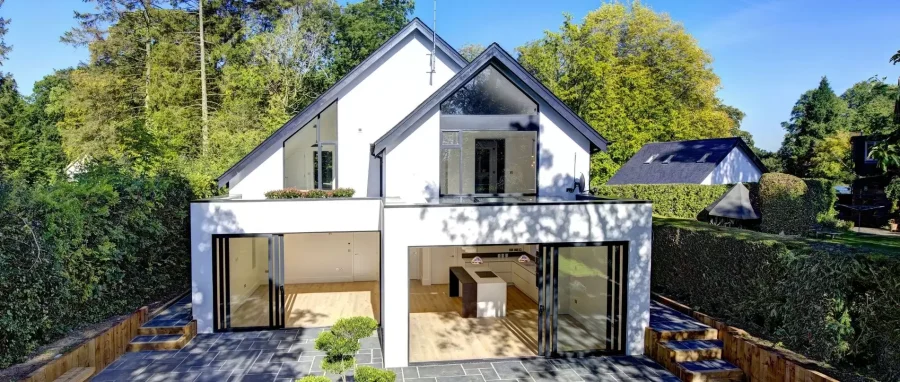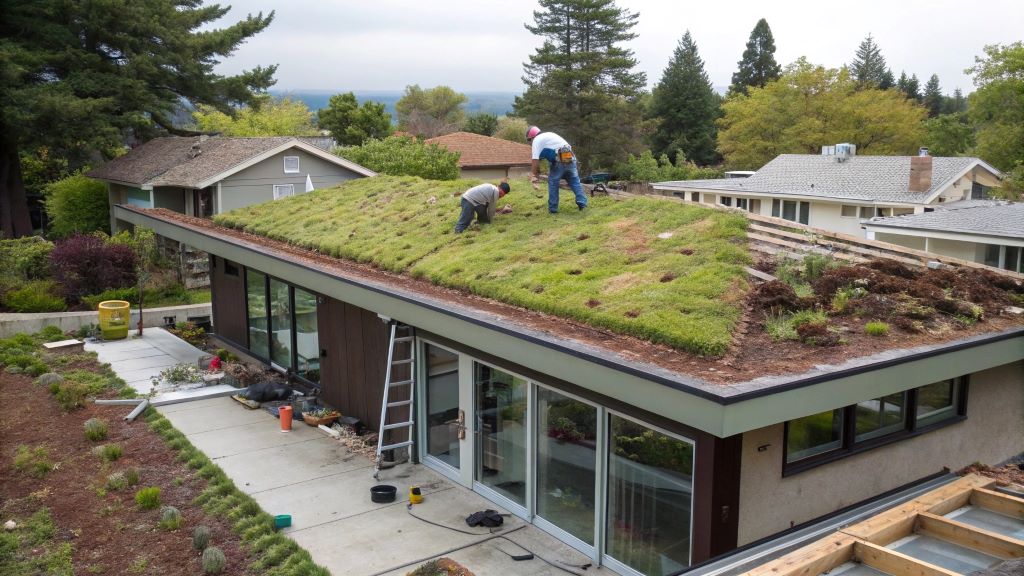Asphalt vs Metal Roofing: Choosing a new roof is a significant investment, impacting your home’s curb appeal, protection, and long-term value. Two popular contenders often emerge: asphalt shingles and metal roofing. Each possesses distinct advantages and disadvantages, making the “better” choice highly dependent on individual needs, budget, and regional climate. This comprehensive guide delves into the intricacies of both options, providing a detailed comparison to help you make an informed decision.
Asphalt Shingles: The Tried-and-True Standard
Asphalt shingles have dominated the residential roofing market for decades, largely due to their affordability and ease of installation. These shingles, typically composed of a fiberglass or organic mat saturated with asphalt and coated with granules, offer a cost-effective solution for homeowners seeking reliable protection. The granules, embedded in the asphalt, serve to shield the underlying layers from UV damage and provide aesthetic appeal.
One of the primary advantages of asphalt shingles is their initial cost. Compared to metal roofing, asphalt shingles are significantly less expensive, making them an attractive option for budget-conscious homeowners. Installation is also relatively straightforward, contributing to lower labor costs. Furthermore, asphalt shingles offer a wide array of styles, colors, and textures, allowing for customization to complement various architectural designs.
However, asphalt shingles have a shorter lifespan than metal roofing, typically lasting 15-30 years depending on the quality and climate. They are also more susceptible to damage from extreme weather conditions, such as high winds, hail, and heavy snow. In hot and humid climates, asphalt shingles can deteriorate faster due to heat absorption and moisture retention. Additionally, they are not as environmentally friendly as metal roofing, as they contribute to landfill waste.
Metal Roofing: Durability and Longevity Redefined
Metal roofing, on the other hand, is renowned for its exceptional durability and longevity. Constructed from materials like steel, aluminum, or copper, metal roofs can withstand harsh weather conditions and often last 50 years or more. This extended lifespan translates to lower long-term maintenance costs and a higher return on investment.
One of the most significant advantages of metal roofing is its resistance to extreme weather. Metal roofs can withstand high winds, heavy snow loads, and even hail storms without sustaining significant damage. Their reflective properties also help to reduce heat absorption, leading to lower energy bills in warmer climates. Furthermore, metal roofing is fire-resistant, providing an added layer of safety.
Metal roofing is also considered an environmentally friendly option. Many metal roofs are made from recycled materials, and they are fully recyclable at the end of their lifespan. Their energy efficiency contributes to reduced carbon emissions. The sleek and modern aesthetic of metal roofing can also enhance a home’s curb appeal, potentially increasing its resale value.
However, metal roofing comes with a higher initial cost compared to asphalt shingles. The installation process is also more complex, requiring specialized skills and expertise, which can drive up labor costs. Additionally, metal roofing can be noisy during heavy rain or hail, although this can be mitigated with proper insulation. Dents and scratches are also a concern, although high end materials and coatings are designed to minimize this.
Detailed Comparison: Asphalt Shingles vs. Metal Roofing
To further clarify the differences between asphalt shingles and metal roofing, let’s delve into a detailed comparison across key factors:
- Cost: Asphalt shingles are significantly more affordable than metal roofing, both in terms of materials and installation.
- Lifespan: Metal roofing boasts a much longer lifespan, typically lasting 50 years or more, compared to asphalt shingles’ 15-30 years.
- Durability: Metal roofing excels in durability, withstanding harsh weather conditions and resisting damage from high winds, hail, and heavy snow. Asphalt shingles are more susceptible to damage from these elements.
- Energy Efficiency: Metal roofing’s reflective properties help to reduce heat absorption, leading to lower energy bills. Asphalt shingles can contribute to heat buildup, increasing cooling costs.
- Maintenance: Metal roofing requires minimal maintenance, while asphalt shingles may require periodic repairs and replacements.
- Aesthetics: Both asphalt shingles and metal roofing offer a variety of styles and colors. Metal roofing provides a modern, sleek look, while asphalt shingles offer a more traditional appearance.
- Environmental Impact: Metal roofing is considered more environmentally friendly due to its recyclability and energy efficiency.
- Installation: Asphalt shingle installation is relatively straightforward, while metal roofing installation requires specialized skills.
- Noise: Metal roofs can be noisy during heavy rain or hail, while asphalt shingles provide better noise insulation.
Factors to Consider When Choosing
The “better” roofing material ultimately depends on your individual needs and circumstances. Consider the following factors:
- Budget: If you have a limited budget, asphalt shingles may be the more practical choice.
- Climate: In areas with extreme weather conditions, metal roofing offers superior durability.
- Lifespan: If you prioritize longevity and minimal maintenance, metal roofing is the better option.
- Aesthetics: Consider the architectural style of your home and choose a roofing material that complements it.
- Environmental Concerns: If you prioritize sustainability, metal roofing is a more environmentally friendly choice.
- Resale Value: A well-maintained metal roof can increase your home’s resale value.
Read More Also: What is TPO Roofing? Understanding This Popular Roofing Solution
People Also Ask (FAQs)
Q: Are metal roofs noisy during rain?
A: Yes, metal roofs can be noisier than asphalt shingles during heavy rain or hail. However, proper insulation and underlayment can significantly reduce noise levels.
Q: Can I install a metal roof myself?
A: Metal roof installation requires specialized skills and expertise. It is generally recommended to hire a professional roofing contractor.
Q: How much does a metal roof cost compared to asphalt shingles?
A: Metal roofs typically cost two to three times more than asphalt shingles.
Q: Do metal roofs rust?
A: Modern metal roofs are treated with protective coatings to prevent rusting. However, scratches or damage to the coating can lead to rust formation.
Q: Are asphalt shingles fire-resistant?
A: Asphalt shingles offer some degree of fire resistance, but they are not as fire-resistant as metal roofing.
Q: How long do asphalt shingles last in hot climates?
A: In hot climates, asphalt shingles may deteriorate faster due to heat absorption and moisture retention, typically lasting 15-20 years.
Q: Can metal roofs increase my home’s energy efficiency?
A: Yes, metal roofs’ reflective properties help to reduce heat absorption, leading to lower energy bills.
Q: Are metal roofs environmentally friendly?
A: Yes, metal roofs are considered environmentally friendly due to their recyclability and energy efficiency.
Q: Can I install solar panels on a metal roof?
A: Yes, metal roofs are an excellent platform for solar panel installation.
Q: What is the best type of metal roofing?
A: The best type of metal roofing depends on your specific needs and budget. Steel, aluminum, and copper are all popular options.
Read More Also: How to Repair a Leaking Roof: A Comprehensive Guide
Conclusion
Ultimately, the choice between asphalt shingles and metal roofing depends on your individual priorities. Asphalt shingles offer affordability and a wide range of styles, while metal roofing provides exceptional durability, longevity, and energy efficiency. Carefully consider your budget, climate, aesthetic preferences, and environmental concerns before making a decision. Consulting with a reputable roofing contractor can provide valuable insights and help you choose the best roofing solution for your home. By weighing the pros and cons of each material, you can make an informed decision that enhances your home’s protection, value, and curb appeal for years to come.






